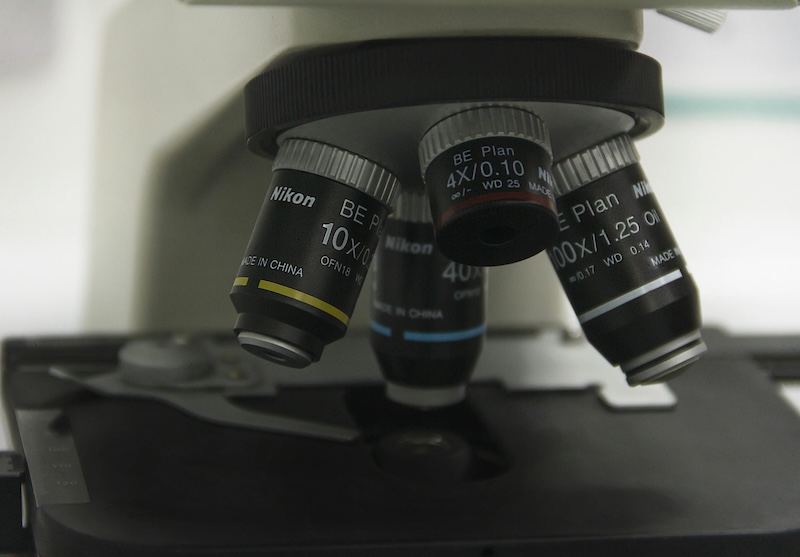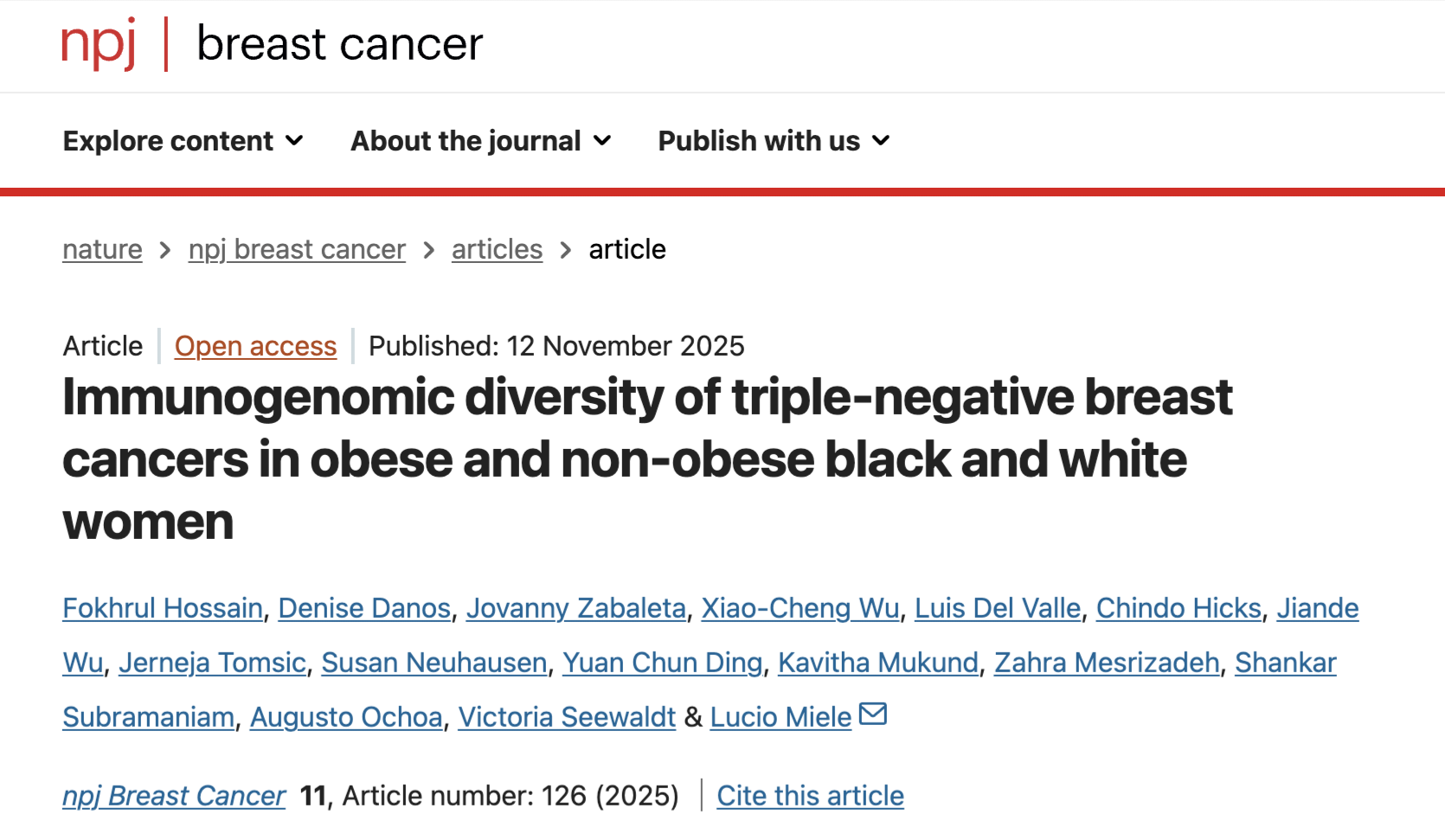
LCRC BioBank Supports Cancer Research
When Louisiana Cancer Research Center (LCRC) faculty scientists require biological samples from cancer patients (such as blood, tissue, or other biospecimen samples), they can access one of the state's largest biobanks located near their labs in the LCRC building in New Orleans. The LCRC's Biospecimen Core Lab (BCL) was the first in the state, cofounded in 2006 by Arnold Zea, PhD, a professor of Microbiology, Immunology, and Parasitology at Stanley S. Scott Cancer Center at LSU Health New Orleans and Krzysztof Moroz, MD, Professor and Vice Chair for Clinical Services in the Department of Pathology at Tulane University School of Medicine.

Dr. Zea and Dr. Moroz are codirectors of the BCL, which houses 250,000 samples from 7,000 patients collected over the past 20 years. The biorepository no longer collects active specimens but remains a valuable resource for LCRC researchers. Its inventory includes whole blood, cellular blood components, bone marrow, tumor tissue, and normal adjacent tissue from over 20 different cancers, stored in liquid nitrogen or ultra-low freezers (-80C).
The mission of the BCL is to provide high quality samples to qualified researchers within the LCRC (LSU Health Science Center New Orleans, Tulane University, and Xavier University of Louisiana) while ensuring ethical informed consent, safety, donor anonymity, and all regulatory safeguards are in place.

"We are the pioneers of biobanking here in New Orleans and trained a vast number of professionals in biobanking," Dr. Zea said. "Over the years, we have substantially improved the quality of the samples we provide, adhering to the best practices in biobanking outlined by the Office of Biorepositories and Biospecimen Research Branch at the National Institutes of Health (NIH).
In addition, the BCL relies on quality control (QC) that includes cells (peripheral blood mononuclear cells), tissue (% of tumor), plasma, and serum to ensure it provide researchers with biological samples of high quality, integrity and reliability so they can perform their different assays and get accurate results.
Dr. Moroz, a pathologist by training, has made every effort to uphold the quality of the specimens "to verify that the quality of specimens is of the highest standard and representative of what was intended to be collected.”
Most importantly, the BCL holds clinical and demographic information in its database associated with the majority of samples that LCRC researchers can use by linking the biobank samples with health and disease. Much of this clinical information is provided to the BCL by the Louisiana Tumor Registry and the LSU Health New Orleans School of Public Health for full annotation. The collective data can be helpful in extensive cancer studies and precision medicine, among other applications. All samples and associated clinical and demographic information are provided to the researcher in an unidentified format to comply with ethical practices and data integrity.
The LCRC-BCL laboratory aims to acquire a new slide scanner to complement its existing equipment. This will allow investigators to visualize the tissues before procurement, checking factors such as tissue size and tumor size as they determine whether the samples are suitable for their specific assay.
How to access the LCRC Biospecimen Lab
LCRC investigators may access the lab's biospecimens and corresponding data after successfully petitioning the Institutional Review Board of their home institution and filing an application through the LCRC website. The LCRC Tissue Utilization Review Committee reviews each request to ensure the tissues will be used for the stated research purpose and the samples were collected with patient informed consent for specific, nonprofit uses.




